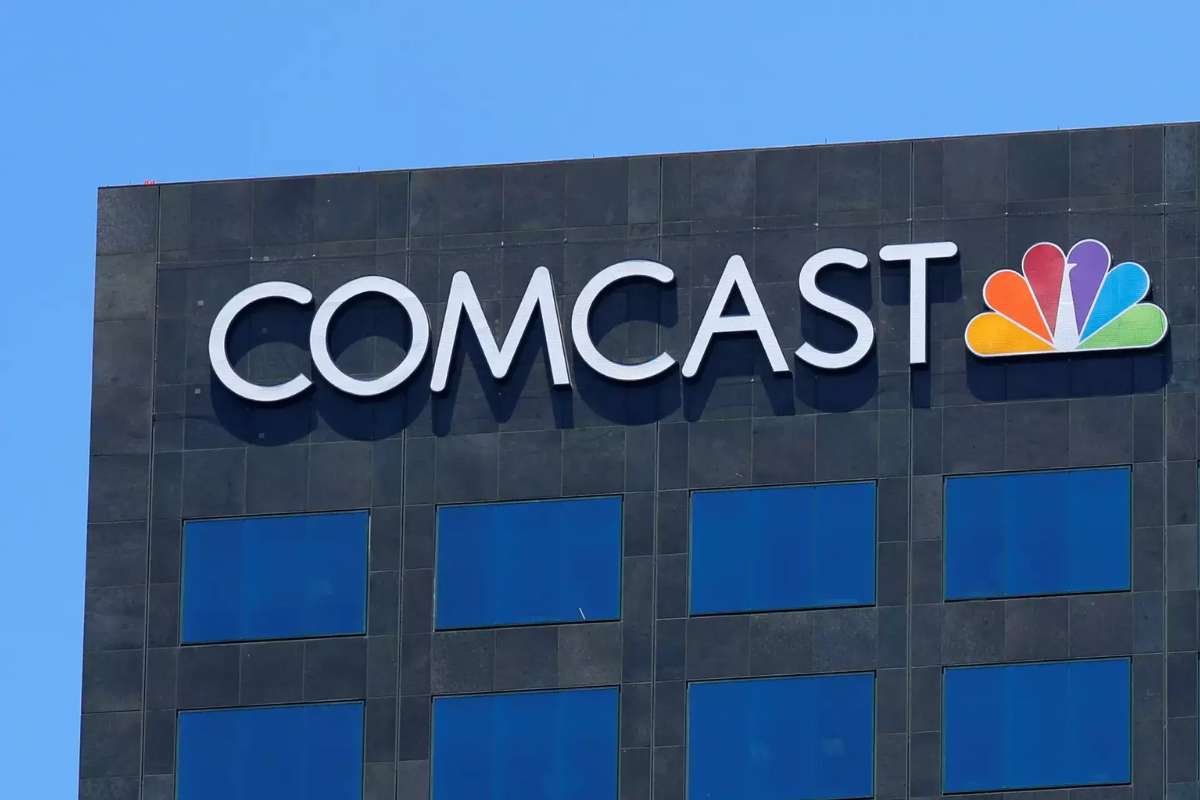A U.S. District Court judge ruled on Friday that American Airlines and JetBlue Airways must end their alliance on flights in the Northeastern United States.
The Justice Department won the lengthy legal battle brought by the Biden administration against the airlines’ cooperation after U.S. District Judge Leo Sorokin decided in their favor. The Justice Department filed the complaint in 2021, stating that the two businesses increased costs and limited options for travelers flying to and from important Northeastern destinations including Boston and New York City. A U.S. District Court judge ruled on Friday that the American Airlines and JetBlue’ partnership on Northeast U.S. flight routes must be broken apart.
Limited Options for Travelers
By siding with the Justice Department, U.S. District Judge Leo Sorokin granted the Biden administration a victory in its long-running fight against the cooperation of the American Airlines and JetBlue. The Justice Department filed the complaint in 2021, stating that the two businesses increased costs and limited options for travelers flying to and from important Northeastern destinations including Boston and New York City.
Just as the hectic summer travel season gets underway, Sorokin decided that the airlines have 30 days to quit their alliance. “It is abundantly clear to the Court that the defendants’ primary motivation in establishing the NEA was to strengthen their own competitive positions against Delta (and, to a lesser extent, United) in Boston and New York,” Sorokin said in the decision on Friday.
According to the judge’s decision on Friday, both airlines are “formidable and influential players” in the aviation industry. American Airlines Group, the largest airline in the world, and JetBlue, the sixth-largest airline in the United States, both have a sizable market share, particularly in the Northeast.
American Airlines and JetBlue have to break up their partnership, court rules
Business Exchanged Information
The Justice Department claimed in its lawsuit that the two businesses exchanged information on which routes would be flown when they would be flown, who would be the pilots, and what size planes would be used for each flight. In 2020, the partnership was formed.
The airlines asserted that corporate travelers and regular flyers had more access to perks and discounts as a result of the alliance’s code-sharing capabilities. But Sorokin determined that these tourists only make up a small part of America’s clientele.
The schedule optimization and coordination, according to the judge, “has resulted in decreased capacity, lower frequencies, or reduced consumer choices on multiple routes, including some that are heavily traveled.” According to Sorokin, it effectively eliminated an entire competition from these areas, giving customers fewer options for traveling between hubs like Boston’s Logan and New York’s LaGuardia airports.





